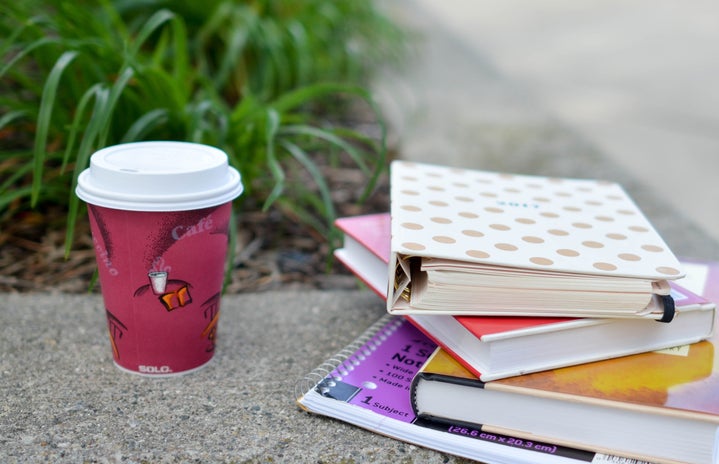Is getting yourself to fall asleep, or stay asleep, becoming a challenge? Are you suffering from early morning awakenings? Do you find yourself distracted or anxious around bed time? Are you thinking about everything you need to do in the morning, making lists in your head, and stressing out, all while tucked in under the covers? If these statements describe you, you are not alone.
In actuality, it is common for your brain to start bustling with ideas right when your head hits the pillow. Yet, that experience is both frustrating and stress producing—especially if you have a big test or presentation awaiting you the next morning. Research shows that this stress produces a hormone called cortisol, which actually keeps you from falling and staying asleep, just when you really need do.
Although there is no one specific way to turn your brain off, there are a few things you can do to get yourself prepared for bed in a way that may ensure a smoother transition from awake to sleep. Here are eight ways to get some shuteye!
1. Make sure to keep a steady sleep schedule.
Getting up and going to bed at the same time is key to good sleep.
2. Take time and write it down.
Worried before bed? Write down everything that’s worrying you…BEFORE you get into bed! Then promise yourself that you’ll tackle that “To Do List” tomorrow.
3. Your bed is for sleeping and sex.
Stop eating, doing homework, using your computer, watching TV, or even texting/talking on the phone in bed! Your bed is for sleep and sex, and those two only! You should not even be reading in your bed if you cannot fall asleep. Your brain should only affiliate sleep and sex with your bed, and nothing else.
4. Make your sleeping environment comfy.
Having the correct sleeping environment can make all of the difference. Make sure your room is dark, quiet and at a comfortable, cool temperature. All of these things will help you relax, which can lead to an easier time falling asleep.
5. Remember the good.
When you are lying in bed at night, instead of worrying about everything you need to do, try to think of positive thoughts. Think of good memories with your family, or fun times with your friends! Good thoughts will help to put your mind at ease.
6. Try some relaxation exercises.
Relaxation exercises can help minimize anxiety and racing thoughts. Deep breathing, meditation, listening to soothing music, and yoga can relax your mind, body, muscles and quiet that busy brain of yours! Also, don’t read or watch anything too stimulating for at least one hour before bed.
7. Hit the gym.
Frequent exercise will release the spare energy in your body—the same energy that is keeping you up at night! Exercising definitely helps with sleep. Running on the treadmill or climbing on the stair master is also an anxiety-reducer, which is another factor adding to sleep trouble. Since exercise can be stimulating and rousing, make sure to exercise a significant amount of time before you hit the sack.
8. What’s really keeping you up at night?
Ask yourself what’s really getting in the way of your precious sleep? Keep in mind that alcohol and caffeine can negatively affect your sleeping habits. Caffeine can have effects that can last up to seven hours. Caffeine isn’t just coffee, also—tea and chocolate and soda have caffeine in them as well! Alcohol can possibly, make you fall asleep faster, but it will make you less restful because you will wake up more often in the middle of the night. Medications may also get in the way of a goodnight sleep; so if

